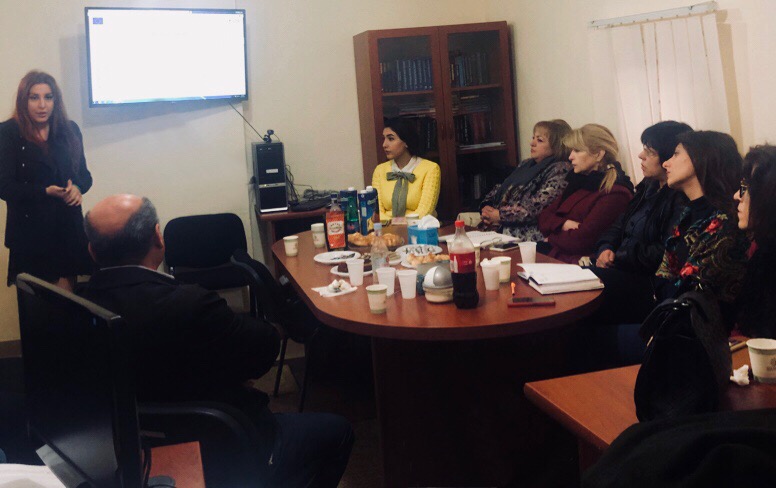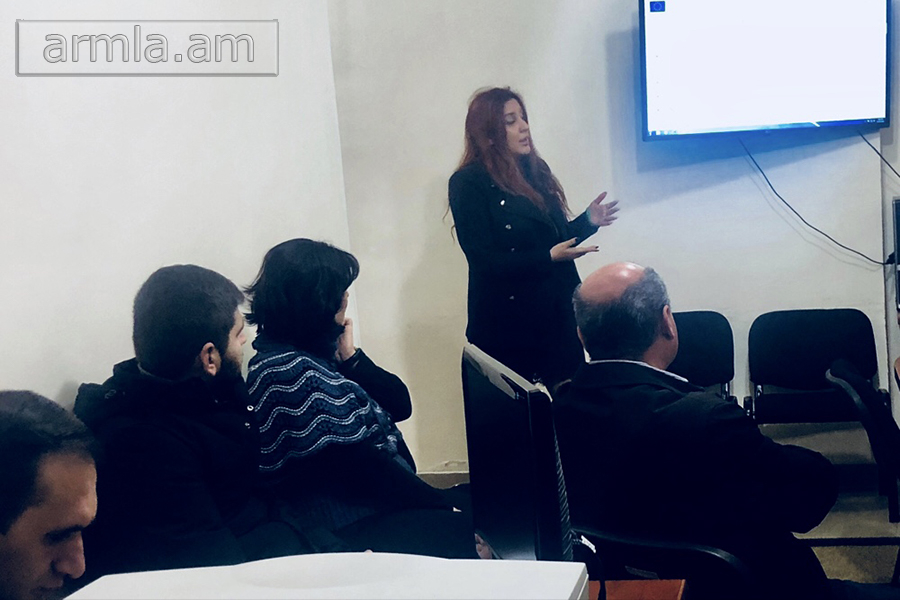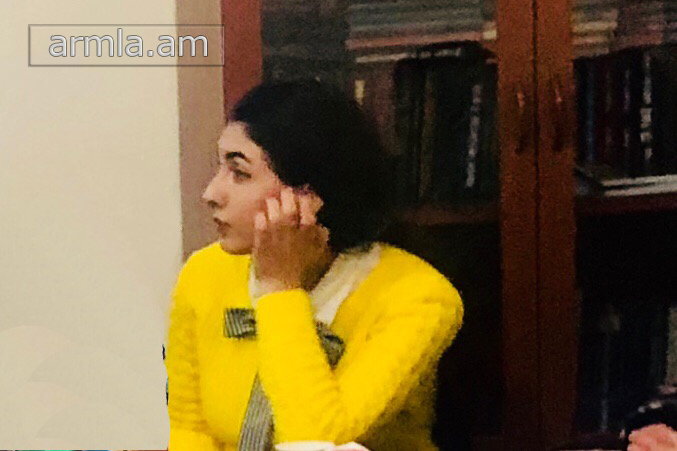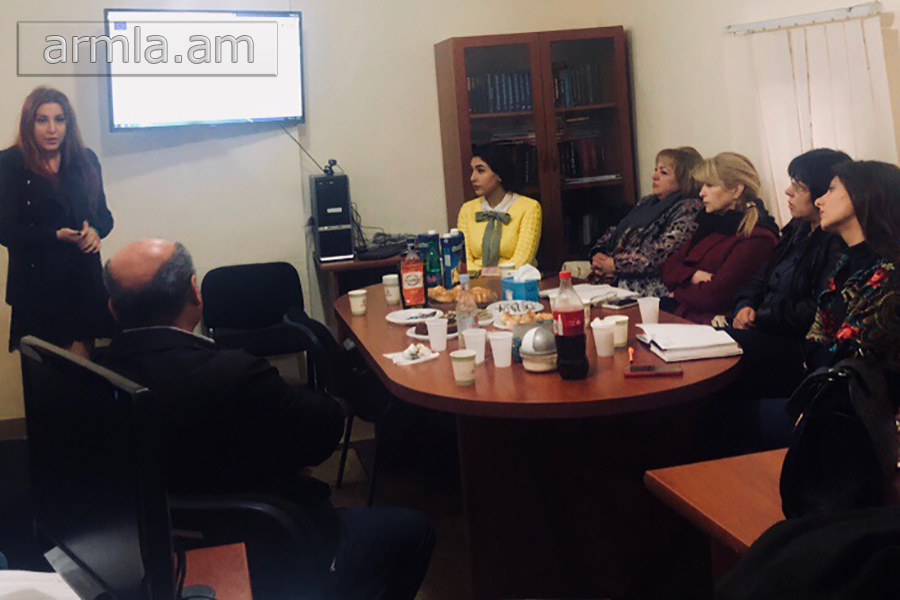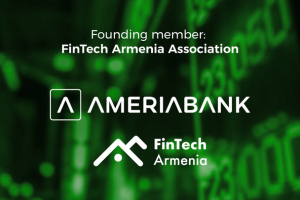Today, on 15th of November, 2018, the second workshop on the “Introduction of the institute of beneficial ownership in RA” took place in Vanadzor in the framework of the Eastern Partnership Civil Society Fellowship. The workshop has been conducted by Mariam Zadoyan, an Eastern Partnership Civil Society Fellow and the “Introduction of the institute of beneficial ownership in RA with the aim of combatting corruption” project, Program Manager.
The workshop was organized for the civil society representatives, mainly business support organizations and youth organizations, including “Centre for Community Mobilization and Support” NGO, the ““Selen” Club of Journalists”, as well as businesses of Lori region of the RA. Representatives of Tavush region have also participated in the training.
The workshop had 2 parts. Mariam Zadoyan started her presentation by speaking about the “Eastern Partnership Civil Society Fellowships” and encouraging the young participants of the workshops to apply for the Fellowship. “Be sure, that if you represent a unique idea, you have all the pre-conditions to win. When I was applying for the fellowship I can hardly believe that I had chances to win in the competition not only in Armenia, but other Eastern Partnership countries as well” She presented all the necessary information on the fellowship and fellows and responded to dozens of questions on organizational manners of the fellowship.
Afterwards, Mariam shifted to the next and main part of the workshop and has explained the essence of the term “beneficial owner”. A term, that overwhelming majority of Armenian population uses, but only few ones know its meaning. A “beneficial owner” is a person who enjoys the benefits of ownership even though the title to some form of property is in another name. She mentioned, that this concept has been introduced by international community to fight money laundering and corruption. Mariam talked about Armenia’s legislation (banking legislation, public procurement) and international commitments on the institute of beneficial ownership, mainly the Extractive Industries Transparency Initiative. Participants of the training got cognizant that this is a global standard for the good governance of oil, gas and mineral resources. Currently, Armenia is in the stage of becoming a member under this Initiative and has to fulfill certain requirements, including making changes in the legislation and providing information on the beneficial owners of the companies in the extractive industries.
Nevertheless, in the anti-corruption expert’s viewpoint, this is not sufficient for an effective fight against corruption in business sector. Mariam emphasized the need of establishing a registry of beneficial owners and posing an obligation on legal entities to provide information on their final physical owners to the register. She presented a summery on the international best practices on this issue, speaking about the countries who already have introduced it. For instance, United Kingdom has been the first one to create the register, Belgium, Ukraine and other countries followed.
At the end, Mariam presented a wide range of issues that would become a subject of discussion during the establishment of such a register in Armenia. The participants were mainly interested with the question of the level of publicity of the information. Mainly, whether all the information that the registry possesses will be publicly available to the whole population, or there would be some restrictions and their level. For instance, whether only corresponding state bodies will have an access to the gathered information or limited access will be granted to some interested stakeholders, such as investigative journalists, watchdog CSOs and etc. Mariam answered to those questions in the light of international best practices by telling that she shares the point of view that the information should be as public as possible. More particularly, the EU-s 4th Anti-Money Laundering Directive gave wide discretions to its member states on deciding the issue of the publicity of the information; however, the 5th directive is more “strict” in this regard by imposing a requirement of publicity on its member states. At the end of workshop, reception has been foreseen.
The article is prepared in the frameworks of the project “Introduction of the institute of beneficial ownership in RA with the aim of combatting corruption” implemented under an Eastern Partnership Civil Society Fellowship provided by EU financed “Eastern Partnership Civil Society Facility” Project, carried out by a consortium headed by GDSI Limited.
The content of the article is the sole responsibility of the author, and neither the European Union nor the implementing consortium of the “Eastern Partnership Civil Society Facility” do not bear any responsibility for it.
Zakar Iskandaryan,
Mariam Zadoyan

